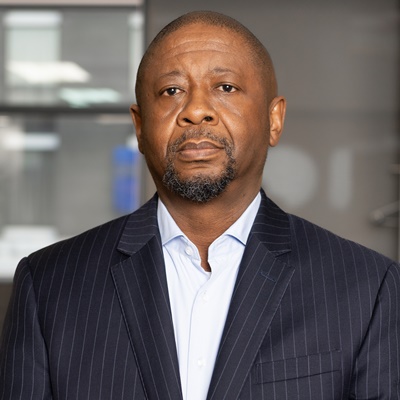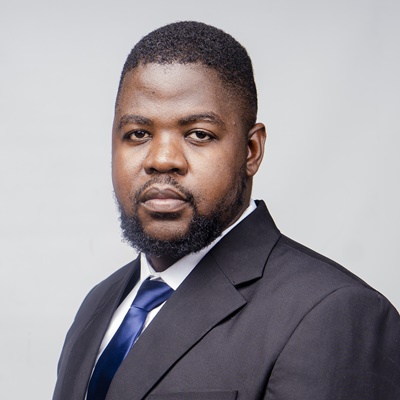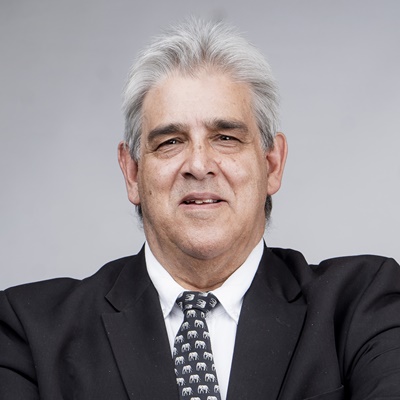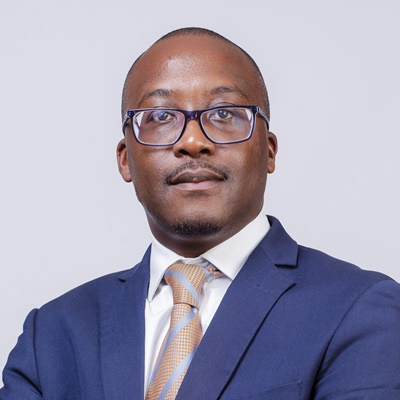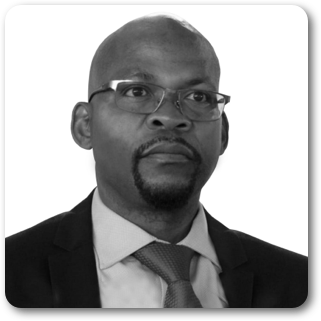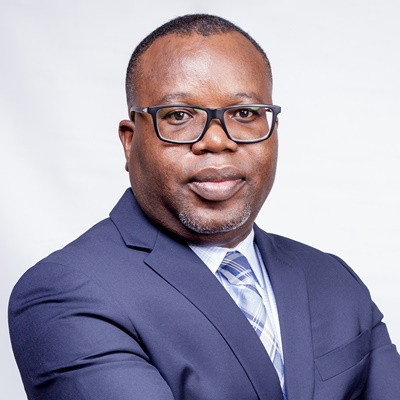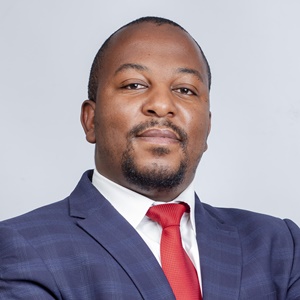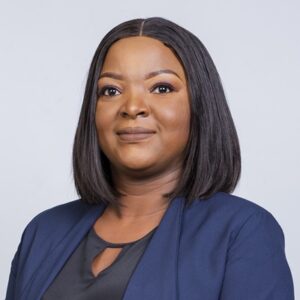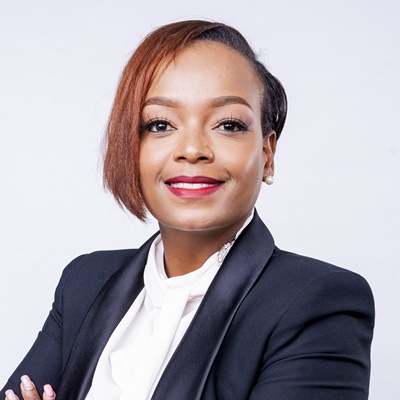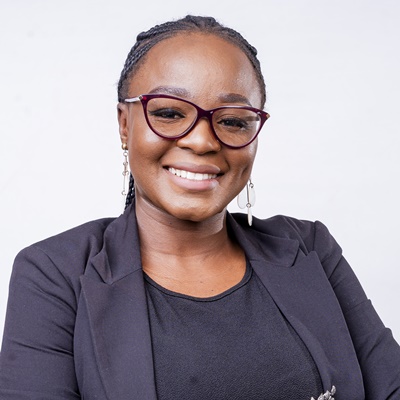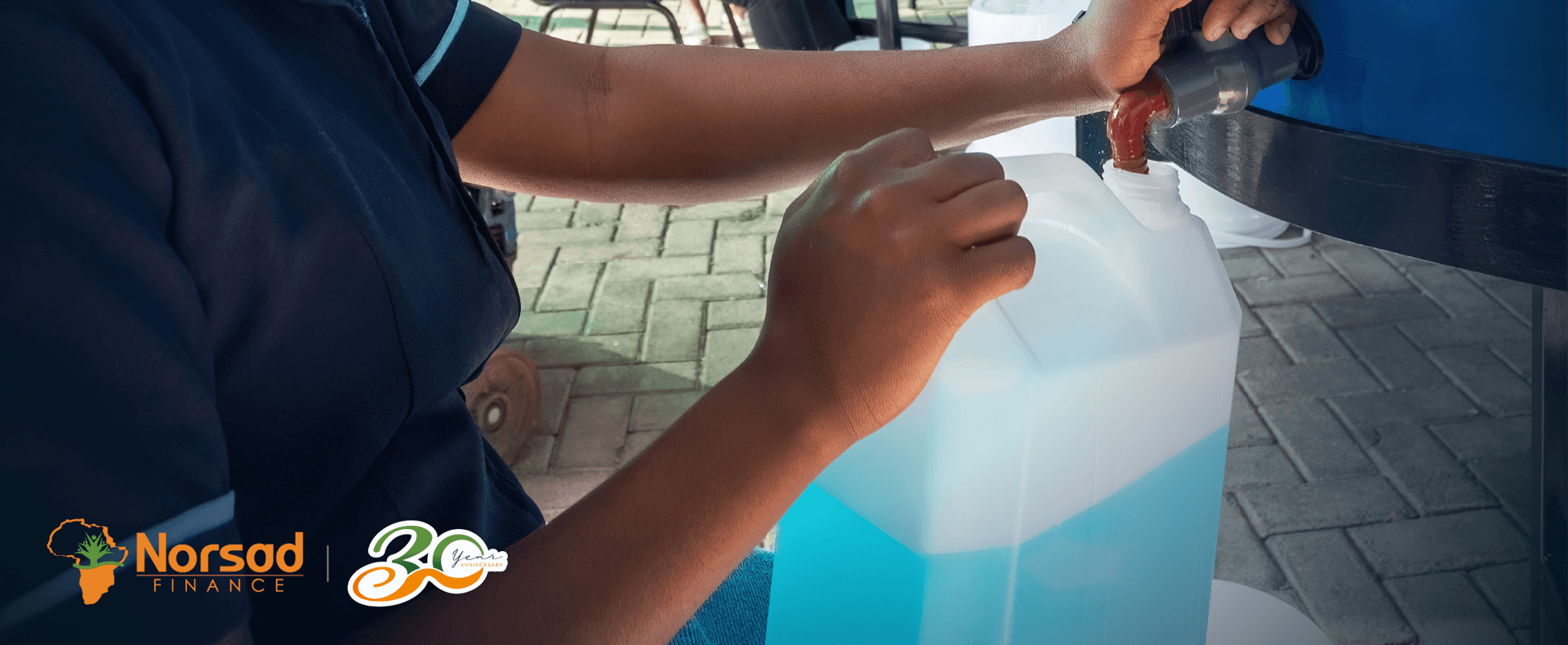
Norsad Finance Covid-19 Pandemic Narrative
13/07/2020
As an impact investor Norsad Finance (Norsad) is committed to playing its part in both preventing the spread of Covid-19 while minimising the impact on its investee companies, their employees, customers and the local communities in which they operate.
Our purpose of “Building a Better Africa” is more important now than ever before. While the health impacts of the virus are being experienced globally, it is estimated that Sub-Saharan Africa will be hardest hit from an economic and extreme poverty perspective. The effects of Covid-19 are expected to push approximately 49 million people into extreme poverty[1] globally, 23 million (47%) of whom reside in low- and middle-income countries in Sub-Saharan Africa. This represents the first increase in global poverty in over 2 decades.[2] Similarly output is projected to decrease by 1.8% in Sub-Saharan Africa, which was previously forecast to experience growth of 3.5%.
Furthermore, the impacts of the virus are likely to be experienced unevenly across the Sub-Saharan Africa region, with more diversified economies likely to prove more resilient than economies which are overly reliant on imports or single-export oriented industries. Similarly, Sub-Saharan countries with robust private sectors and healthy levels of domestic production and consumption are likely to be more self-efficient and better withstand disruptions to global supply chains caused by the pandemic. Norsad’s commitment to its sustainability principles of economic diversification, transformational infrastructure, food security and job creation and economic growth is closely aligned with this thinking and is specifically geared towards building sustainable and resilient economies within our investment geographies.
Our investments within Financial Institutions (FIs) (our largest sector of investment) for example have had an indirect impact by previously enabling investee FIs to grow their customer base and support these broadened customer bases in better withstanding shocks such as those presented by Covid-19. Increased access to formal financial services better equips individuals to deal with emergency situations as well as the shocks associated with pandemics such as Covid-19. Similarly increasing access to formal financial services makes SMEs more resilient as they have access to finance and are also able to benefit from fiscal responses being implemented across the continent, such as loan holidays and providing access to emergency funding. Such measures go a long way in helping to support individuals in withstanding the shocks posed on them and preventing them from falling into extreme poverty.
Norsad is currently invested in 23 portfolio companies, across 10 SADC markets (including Angola, Botswana, Eswatini, Malawi, Mauritius, Mozambique, Namibia, South Africa, Zambia and Zimbabwe) and 5 sectors (including Financial Institutions (Banking and Non-Banking), Food Products, Renewable Energy, Hospitality and Manufacturing). Each of our investment markets and sectors of investment are impacted differently and require a tailored approach to dealing with the pandemic. In response we are providing enhanced Environmental, Social and Governance (ESG) support and sharing best practices and related information with our investee companies. We administered a survey amongst our investee companies to obtain a better understanding of their ongoing operations, and their staff’s health, safety, wellbeing, and job security. The results indicated that only 3 of our investee companies anticipate that retrenchments may be necessary and that less than 20% of our investee portfolio’s over 11 thousand employees are at risk of retrenchment. Employee retention is of the utmost importance and we have therefore adopted a portfolio strategy of deferred interest and principal payments while offering our investee companies facility repayment relief measures to allow them to better withstand the impacts of Covid-19 on their businesses and employees by retaining staff.
We continue to engage directly with our investees on an ongoing basis with issues associated with Covid-19, and have therefore increased our engagement to weekly interactions to provide ongoing and customised support across our portfolio. As part of this initiative we have shared best practice guidelines on job protection and business integrity (BI), as well as health and safety management from the International Finance Corporation (IFC) and Centre for Communicable Diseases (CDC) to better educate and equip our investees. We are also further developing a tailored Norsad response which will provide sector specific guidance to our investees to better equip them with the knowledge on how best to deal with the current pandemic.
In addition to the impact Norsad is having through its ongoing support of its investee companies, it has also made significant direct contributions towards local relief efforts. Norsad contributed BWP1 million (approximately USD85,000) to fight Covid-19 in Botswana, including donating BWP500,000 (approximately USD42,500) to the Covid-19 Relief Fund (such a contribution is equivalent to one quarter of that donated by the Government of Botswana); and BWP500,000 (approximately USD42,500) to other NGOs and vulnerable groups.
We recognise the impact Covid-19 has and will continue to have on health, economies, and society in general, and we are both holistic and agile in our thinking and approach to dealing with the current pandemic. We have initiated a number of response, recovery and resilience (3R) interventions aimed at protecting the health and safety of our staff and investee companies, and will continue to monitor and evaluate the impact of Covid-19 across our markets and adjust our response measures as necessary.
[1] Extreme poverty is determined as those living on less than USD1.90 per day.
[2] https://blogs.worldbank.org/opendata/impact-covid-19-coronavirus-global-poverty-why-sub-saharan-africa-might-be-region-hardest

